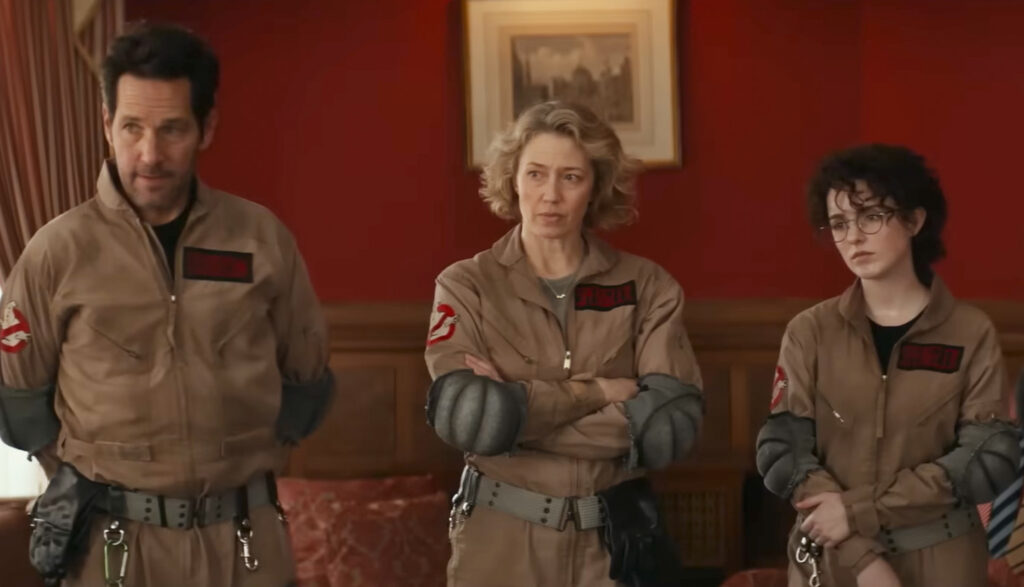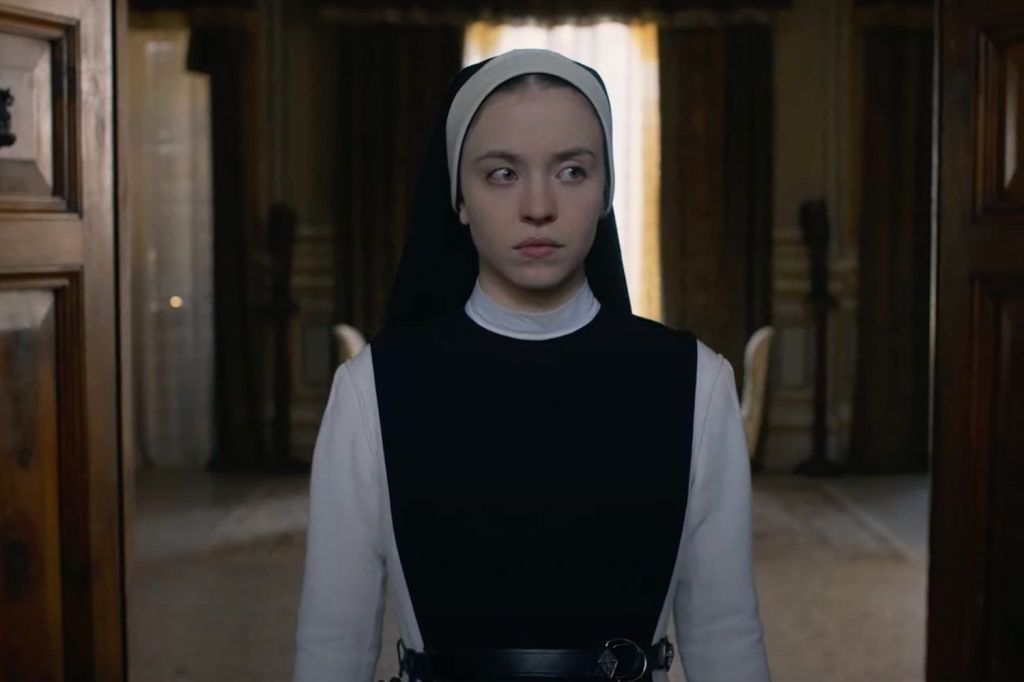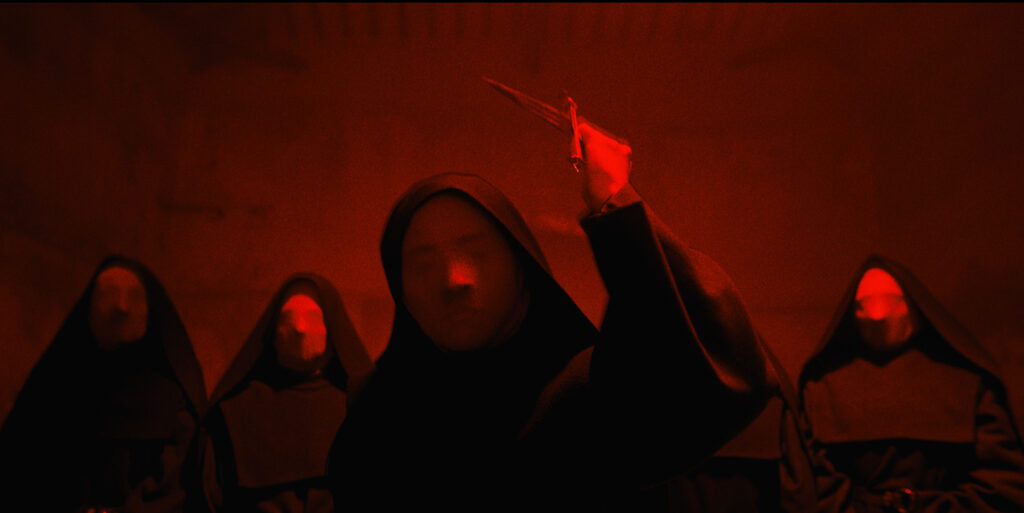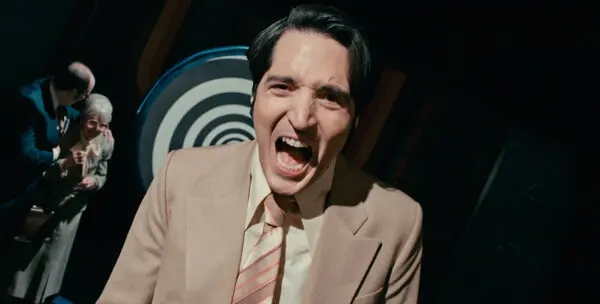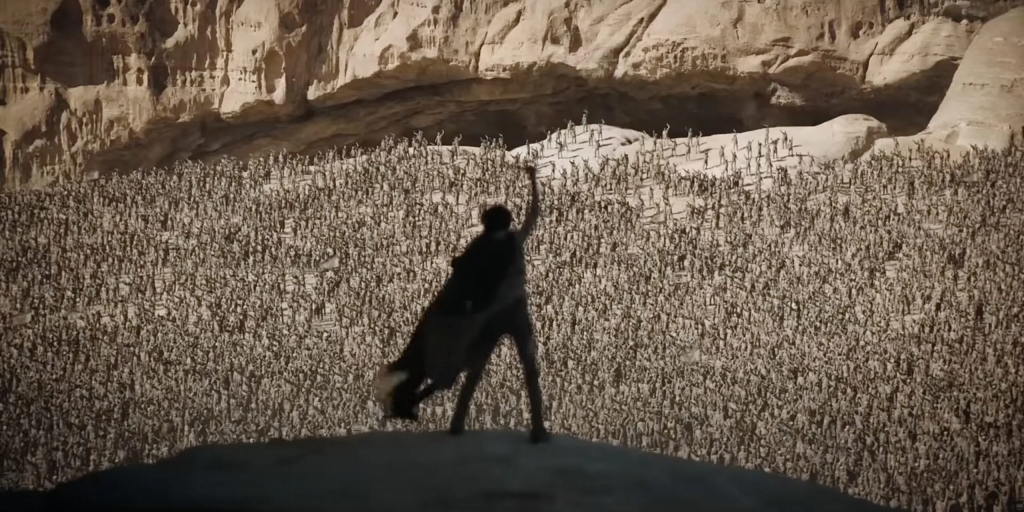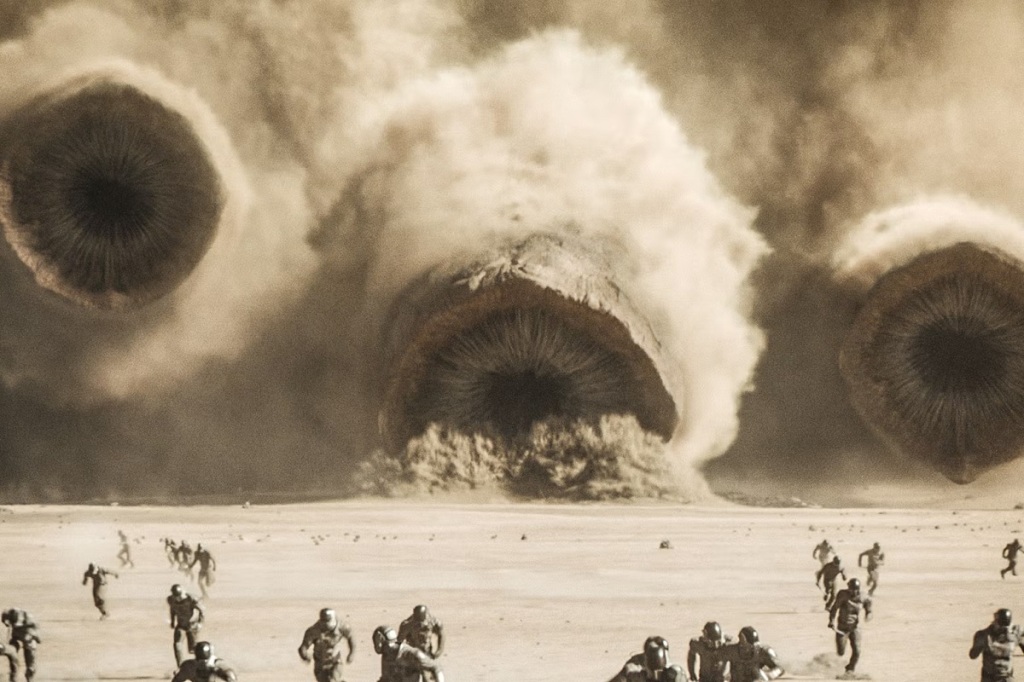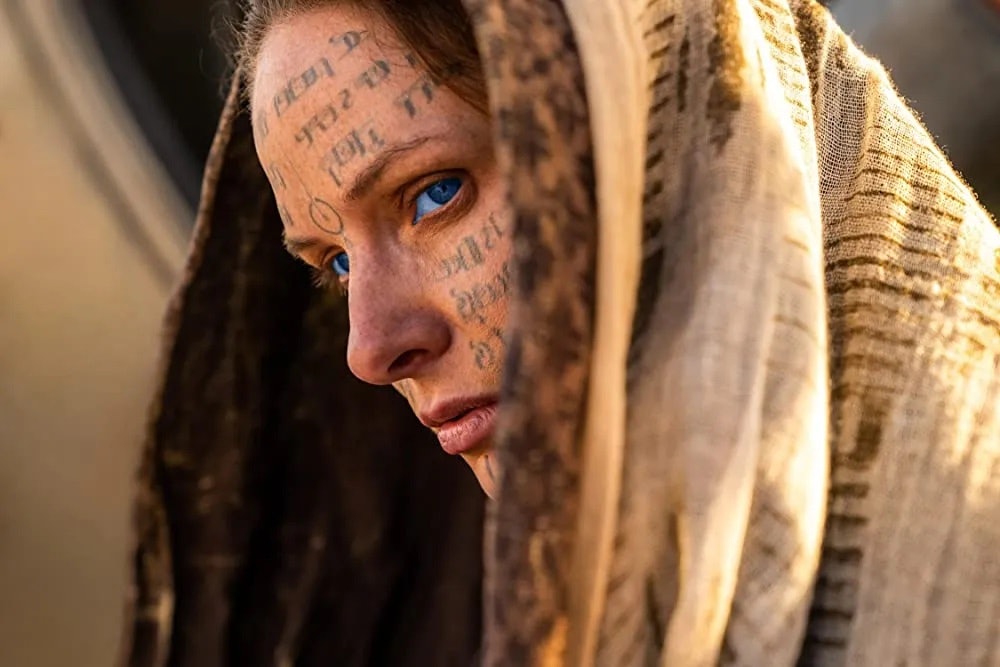Directed by Alex Garland. Starring Kirsten Dunst, Wagner Moura, Cailee Spaeny, Stephen McKinley Henderson and Jesse Plemons.

In the near future a civil war has broken out in the United States. The President (Nick Offerman) claims that victory is close at hand, in fact the Western Forces are on the verge of taking Washington and ending the war. Lee Smith (Dunst), a renowned war photographer saves a young woman named Jessie (Spaeny) when a suicide bomber targets a rally she’s photographing.
Later that evening in a hotel full of fellow members of the press, Lee and her colleague Joel (Moura), who’s a journalist, explain they plan to go to Washington DC in order to interview and photograph the president before the Whitehouse falls.
Sammy (Henderson) is a veteran journalist who was Lee’s mentor, and he asks to accompany them as far as Charlottesville. Lee and Joel agree. Unbeknownst to Lee, Jessie (who wants to be a war photographer) has persuaded Joel to let her accompany them as well.
As the four travel south towards Washington they encounter an America torn apart by hatred and violence, and when brother fights brother it can be hard to tell which side is which.
I have been a fan of Garland’s work for some time, and was dismayed to hear that he plans to step back from directing after his next film, and given he is only co-directing this it really does feel like Civil War could be his last full film. It’s a shame, he is a genuinely visionary director and I’ve loved all his films.
By all accounts he started work on this before the January 6th insurrection, and he doesn’t see the film as political, this has annoyed some people who clearly wanted Offerman’s President to be more of a Trump stand in than he actually is, but I think they’re missing the point. Garland wasn’t making a film about left and right, in fact in most instances we don’t know which side is which. Consider the car wash scene, the sniper scene, even the infamous Jesse Plemons scene, in none of these instances is it entirely clear which side people are on. Plemons’ soldier could be a Loyalist covering up a war crime, but he could be Western Forces or even the Florida Alliance or the New People’s Army (there’s a handy diagram online listing the various factions!) or he could just be some nut who happens to be wearing camo fatigues. In the sniper scene they never even see who’s shooting at them, and the point is that it doesn’t matter, all that matters is that someone is shooting at them.
We learn very little about the President, except that he’s contrived to serve a third term, and routinely executes journalists, which given the Western Forces allow unfettered access to journalists suggest that, whether right or left wing, the Loyalist forces are, nominally at least, the bad guys.
The plot is relatively straightforward, like Apocalypse Now it’s a journey through the chaos of war, the difference is that rather than a foreign land, the characters are travelling through their own country. This seems to affect Lee most of all, who makes the point that part of the reason she sent back images from all those warzones was precisely to provide a warning against such violence happening back home. As such does it feel a little like the characters are on rails? Perhaps, but you could argue the same about Coppola’s masterpiece or Heart of Darkness.
The cast is excellent, especially Spaeny who convincingly essays a young woman visibly growing up in the space of a few days, moving from nervous, ingenue photographer to a fearless veteran putting herself in danger to get The Shot. Moura and Henderson are great, and special mention has to go to Plemons, whos’ genuinely terrifying with just a few minutes of screentime, a monster given to casual bigotry and just as casual violence. That Plemons was able to step in at the last minute after the original actor had to drop out was a major coup for the film.
This is Dunst’s film though, and she imbues Lee with so many emotions, she’s cynical and world-weary, yet still capable of being appalled, and she’s retained her empathy. When she begins to break down late on in the film it’s clear this isn’t a spur of the moment collapse, instead it’s something that’s been building inside the character for many years. The film might have come out too soon in the year for her to get an Oscar nod, but let’s hope she does.
Garland’s direction is accomplished as ever and I love the cinematography of this film, but also the sound design (there’s a single gunshot that comes out of nowhere midway through the film that scared the bejesus out of me!) The assault on the Whitehouse that marks the film’s finale is simply superb, one of the best evocations of warfare I’ve seen in a long time, and that Garland can make a film looks this good and this epic on a relatively low budget speaks volumes. It really will be shame if he steps back from the camera.
It isn’t perfect, I like the lack of a political viewpoint but see how others would find this a negative, the plot is fairly linear, the arrival of certain characters just in time to become victims feels like a cheap trick, and the arcs of some characters have fairly predictable conclusions. In spite of this it’s a shocking, well directed and well acted war movie that’s genuinely tense for much of its runtime and puts you in the unenviable position of realising that in war, especially a civil war, it can be hard to tell one side from the other. As with other Garland films a second viewing will confirm whether I merely like it, or genuinely love it.











